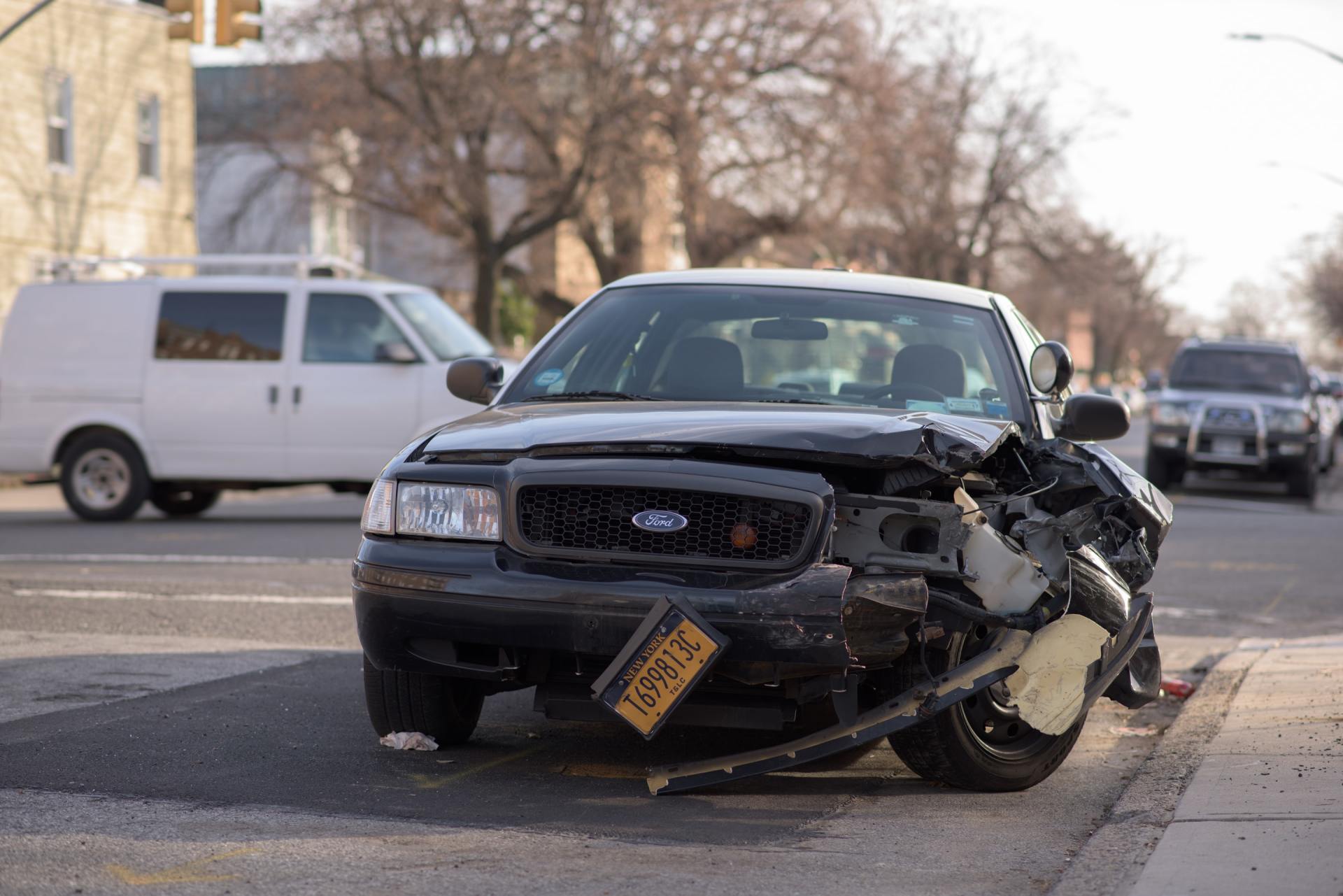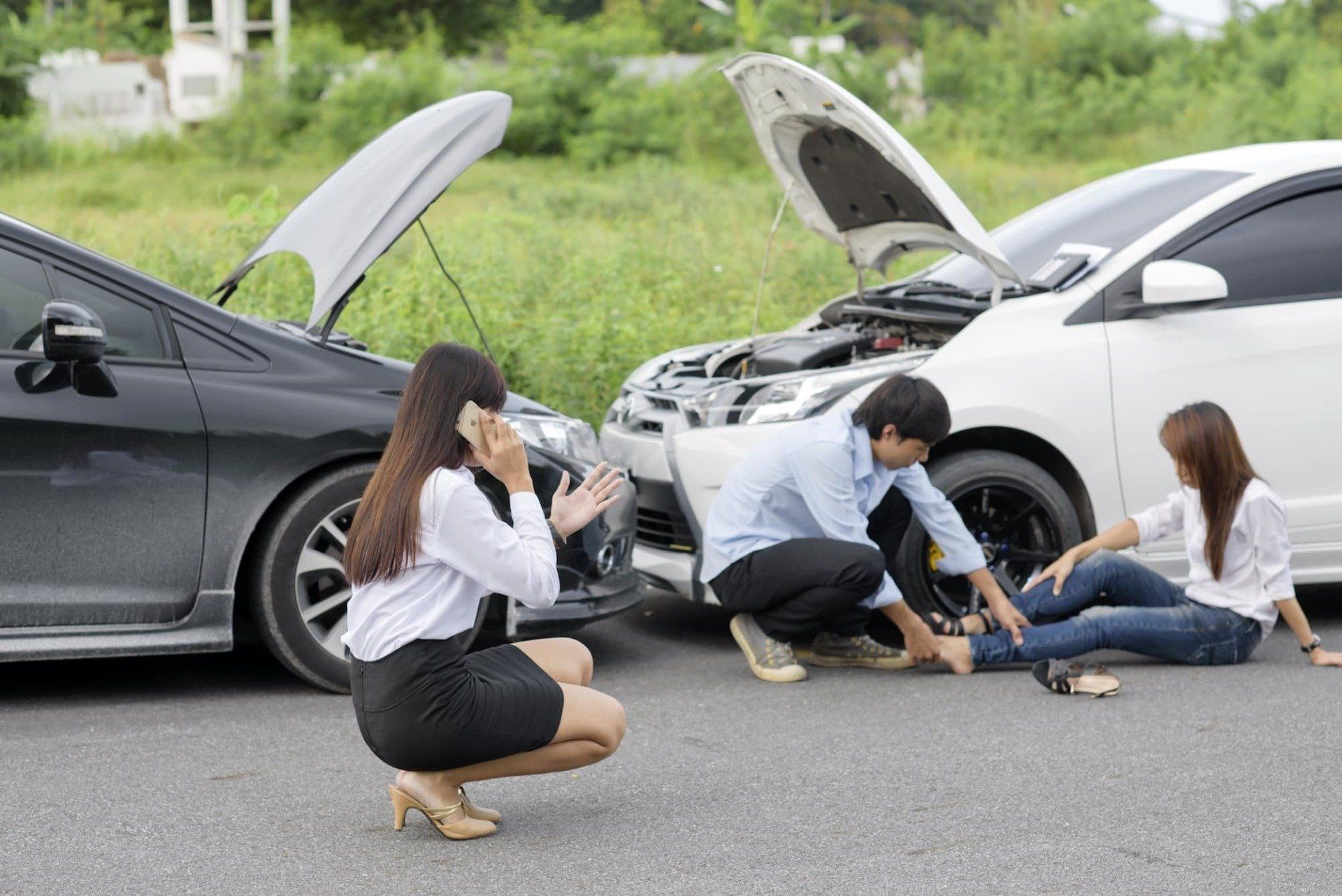How To Stop Your Dog From Biting
April 14, 2020
Dogs are a common pet across the United States, as they are considered the most loyal and friendly domestic animal. Some dogs are friendlier than others, and few have aggressive tendencies. Regardless of size and breed, dogs do not usually attack out of the blue or bite without reason. Their hostile behavior is generally a response to feeling threatened by another person or animal. Dog bites can be lethal, especially for children who lack a developed defense mechanism. Personal injury attorneys in Maryland
convey that if a dog bites someone, its owner is held liable; the victim can sue the dog owner to acquire compensation for physical and mental damage.
If your dog exhibits antagonistic traits and appears to be on edge among new people or other canines, it is your duty to keep it under control. Most dog bite cases
occur inside the house among friends and family. Even the friendliest of dogs snap at times under unusual circumstances. Many of us treat our dogs like family members, so it only makes sense that we do all we can to improve their mannerism. Below are some tips to prevent your dog from biting and causing harm to others:
Professional Training
Dogs are intelligent creatures, so it is possible to teach them self-control. You may find it difficult to train them on your own, which is why professional dog training is a booming profession. Dog trainers have experience dealing with different dog personalities and are aware of tricks to tame the most notorious ones. Hiring a professional may cost you a bit, but it will save you from financially draining lawsuits in the future.
Encourage Socialization
Socially active dogs are the best dogs because they know how to act around unfamiliar people and animals. Social activities should be a part of your dog’s schedule from a young age, because the psychology of a puppy is malleable. Take them for walks in the neighborhood and allow them to play with other’s pets in dog parks. This will boost their confidence, making them feel at ease during house parties and family gatherings.
Outdoor Exposure
Some dogs get alarmed or nervous by strange sounds and fast movements. Dogs that are kept indoors are most susceptible to getting scared of noises from the outside. It is important to expose them to the outdoors where they can familiarize themselves with moving cars, different weather situations, and other white noises in your surroundings.
Keep them under Observance
Keep an eye on your dog while you have visitors at your place, or when you take it out. Observe the dog’s body language to make sure that it is relaxed and does not feel agitated by something or someone.
Positive Discipline
Do not hit or yell at your dog if it gets aggressive; domestic abuse
is unacceptable. Violence begets violence, so opt for a more pleasant approach towards discipline. Try to calm them down with a soft tone and affectionate gestures. Motivate good behavior by offering treats and rewards.
Warn Others
If you are aware of your dog’s violent tendencies, warn others in advance. Put your dog in a confined space or keep it on a leash around other people and their pets; use a muzzle if required.
Regular visits to the Vet
In you feel that your dog’s hostile attitude is unexpected or a very recent development, better consult your vet. Perhaps the undesirable behavior is the result of an underlying health condition.

If you were injured at work or while executing a work-related task, you are eligible to receive worker’s compensation benefits to make up for medical bills and lost wages. However, employers and their insurance providers are likely to content your claim and perpetually look for loopholes to deny a payout. In case your appeal for compensation was denied, you do not need to lose hope. A personal injury lawyer can help you fight for your rights and receive the reimbursement you deserve. An unsuccessful claim can also be avoided by understanding possible reasons for the rejection:

A severe car accident can be a very traumatic and unforgettable experience. Victims experience different injuries due to various reasons. Depending upon the intensity of health and financial loss, a car accident can put a victim and their family in depression. God forbid, but if this happens, immediately get medical aid and call a car accident injury lawyer to figure out the reason for the accident and help you in getting the compensation for your loss. Here are some causes of car accident injuries.

